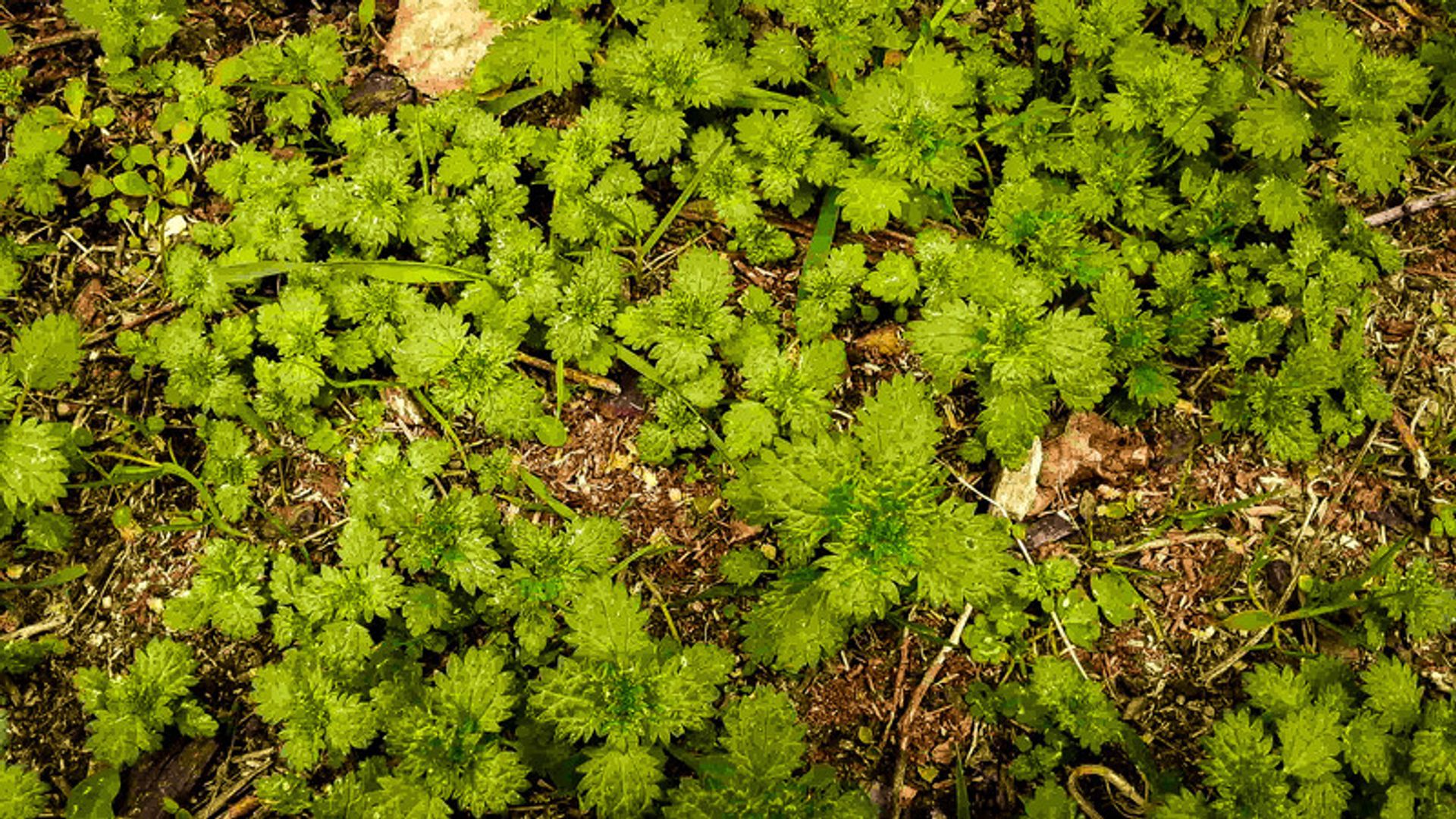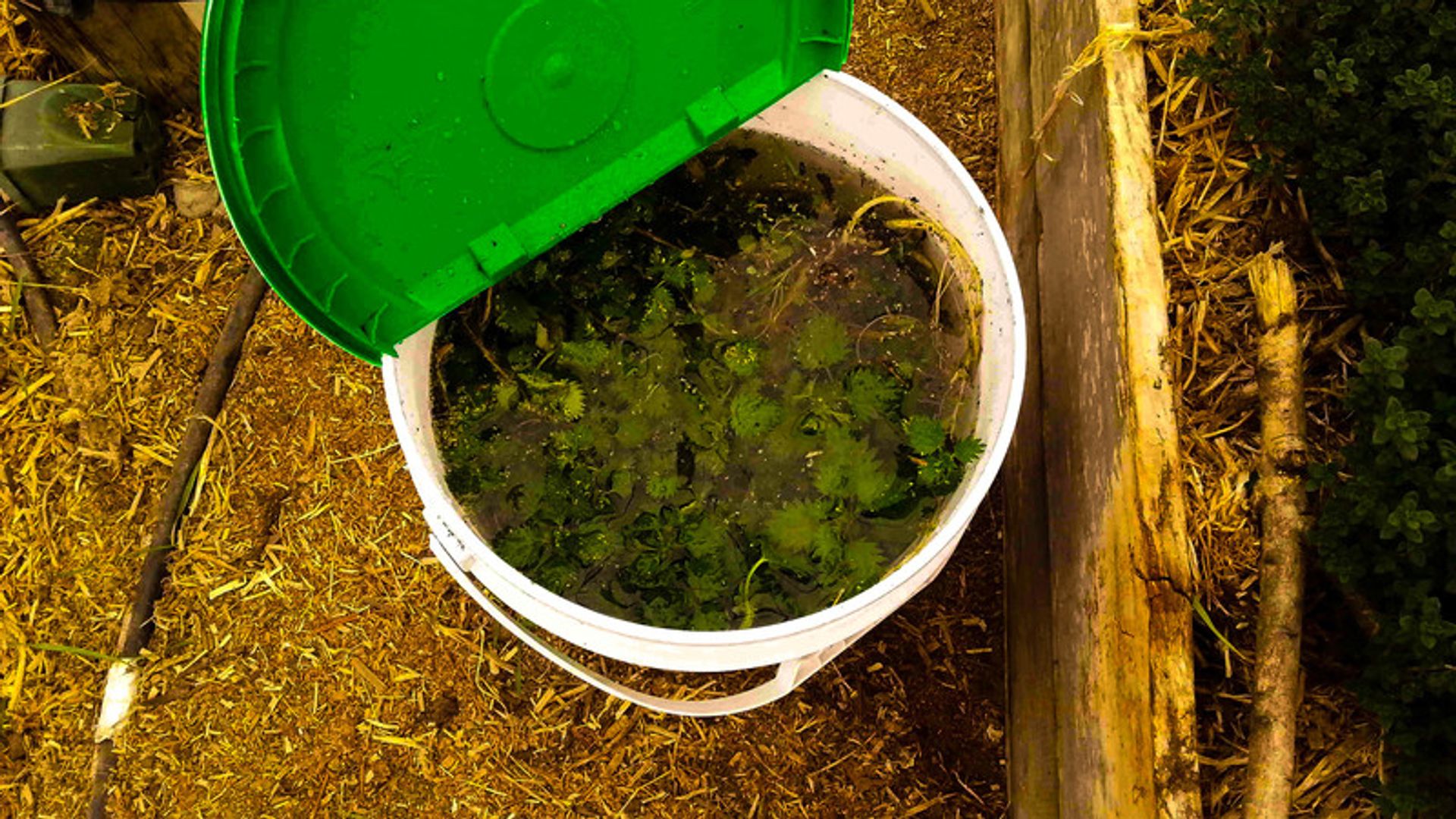Wonderful Nettles
September 2016
Spring is here, or it was last week and my stinging nettles are growing really well. I have a few patches around the property but there is one patch in front of my tunnel house that I have been weeding. That’s right I have been pulling out grass and other “weeds” so that my nettles can grow better. Why would I do that? Well, nettles are very nutrient rich and useful but they do like to chose where they want to grow so I tend them well wherever I find them.
Nettles are rich in minerals and vitamins (iron, calcium, magnesium, potassium, zinc, chromium). In fact nettles have more iron than spinach. Nettles can strengthen and tone the whole system and can also be used for alleviating the symptoms of PMS and menopause. Rosemary Gladstar (well known herbalist) says of nettle that "she is convinced that it is one of the superior tonic herbs and is as important as many of the famous Chinese "long life" herbs." This is great because it is much easy to grow in your own garden than many of those Chinese herbs.
What do I use nettles for? I mainly dry nettles for use in my herbal teas. They are a key ingredient in my Womens’ Wellness Tea and I use them in other nutritive tea blends when I am feeling I need a bit of a “pick me up”. Nettles taste a bit “vegetative” (if that is even a word) and can be a bit strong when you first start drinking it so I tend to blend them with lemon balm and lemon verbena to mellow out the taste. Once you get used to the taste though, you may find yourself craving it after a while.

Stinging nettles also make an awesome compost tea. Simply put a quantity of nettles into a container of water for a few weeks and cover. This is important as one year I didn’t cover my compost tea and I had an interesting collection of bugs with very long tails growing in there (the chickens loved them!). Try to stir the tea everyday and after a few weeks you will have a nutrient rich tea that you can dilute and feed to your plants. I generally use the old, seedy nettles that are no good for drying which may account for the fact that I have numbers of nettle plants growing through my tunnel house (not that I mind!).
